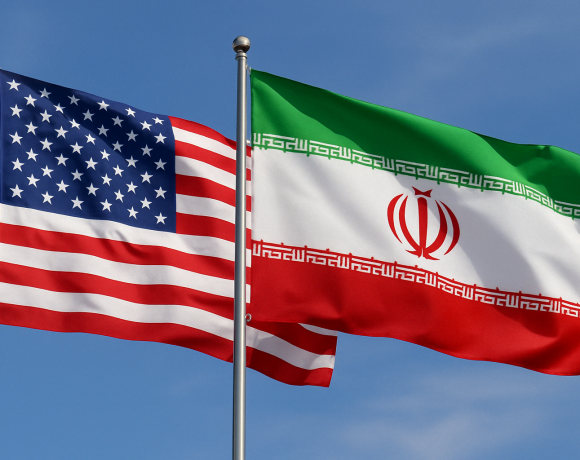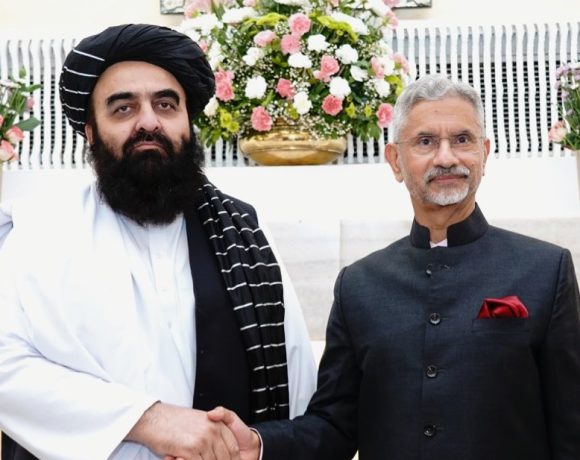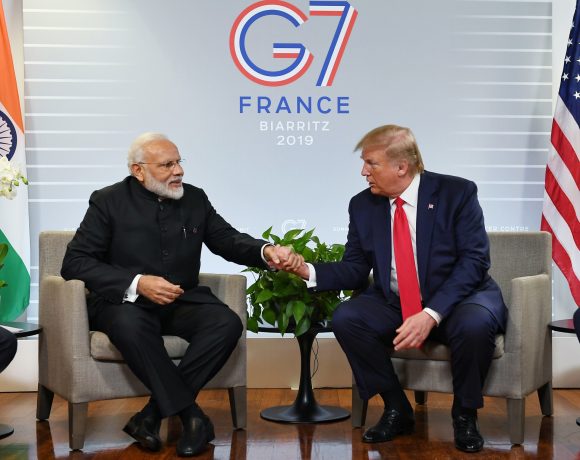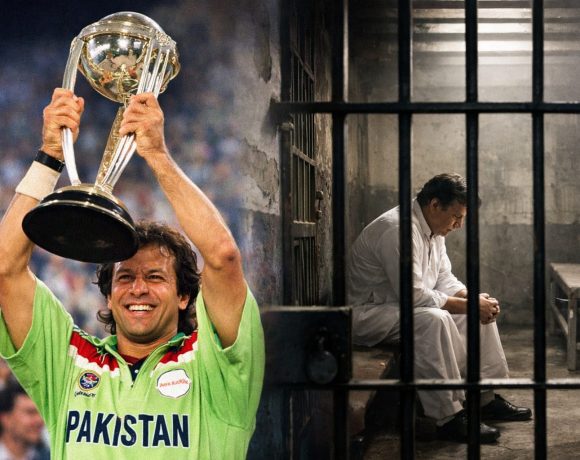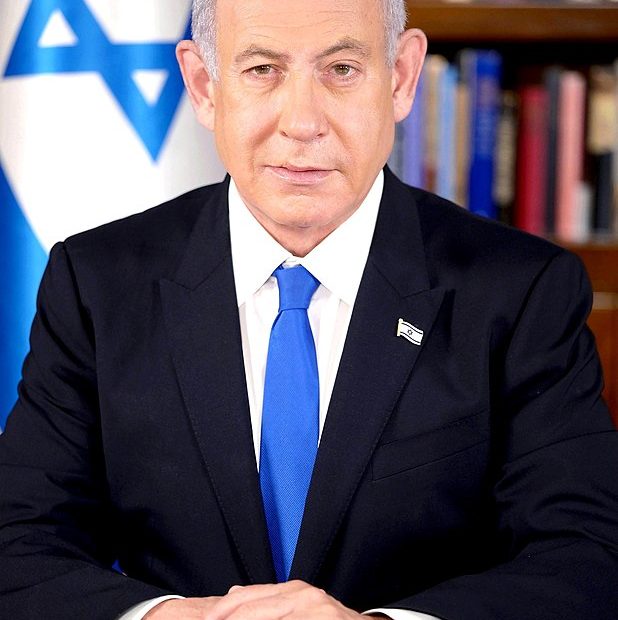
Israel Reaffirms Hostage Focus as New Gaza Truce Proposed
Amid renewed ceasefire discussions, Israel has reinforced its commitment to recovering hostages held by Hamas in Gaza. The Israeli government has made it clear that the safe return of its citizens remains the primary condition for agreeing to any negotiated truce, even as international mediators push for a resolution.
Hostage Recovery Remains Israel’s Top Priority
Prime Minister Benjamin Netanyahu emphasized that no agreement will be finalized unless it guarantees the return of all Israeli hostages. Israeli officials stressed that military operations in Gaza would continue until this objective is fully met. “The mission to bring our people home is not over,” a senior Israeli official stated, reaffirming the government’s stance despite growing international pressure.
Families of the hostages have taken to the streets, demanding urgent diplomatic action. Many say that time is running out and urge the government to make their release a national priority above all else.
Three-Phase Ceasefire Framework Under Consideration
At the center of the latest negotiations is a revised three-phase ceasefire plan, initially outlined in May 2024 and adopted as United Nations Security Council Resolution 2735. The proposal includes:
- Phase One: A six-week ceasefire in which Hamas would release 33 Israeli hostages, primarily women, children, and the elderly, in exchange for the release of up to 1,904 Palestinian prisoners.
- Phase Two: The release of all remaining living hostages, provided both parties agree to conditions ensuring “sustainable calm,” including a withdrawal of Israeli forces from Gaza.
- Phase Three: An exchange of deceased hostages’ remains and the launch of a long-term reconstruction plan for the war-ravaged Gaza Strip.
While Hamas has responded to the draft with some level of interest, major disagreements on key clauses have delayed any breakthroughs.
International Mediators Push for Agreement
The United States, Qatar, and Egypt continue to serve as the primary facilitators in the talks. U.S. Special Envoy Steve Witkoff has been actively engaged in shuttle diplomacy between Tel Aviv and Doha. Despite these efforts, clarity over specific provisions—especially around military withdrawals and definitions of “calm”—remains a sticking point.
Humanitarian Crisis Deepens in Gaza
As negotiations linger, the humanitarian situation in Gaza continues to deteriorate. Thousands remain displaced, and aid organizations warn of severe shortages in food, medicine, and shelter. The proposed ceasefire is viewed by many in the international community as a crucial step toward opening humanitarian corridors and rebuilding devastated civilian infrastructure.
Political Pressure Mounts on Israeli Leadership
Back home, Netanyahu’s government faces increasing domestic pressure from opposition leaders and civil society groups. Public rallies demanding the immediate return of hostages have gained momentum, with critics accusing the government of stalling.
For now, Israel remains firm: the hostages must come home first, and everything else—including long-term peace—will have to wait.


